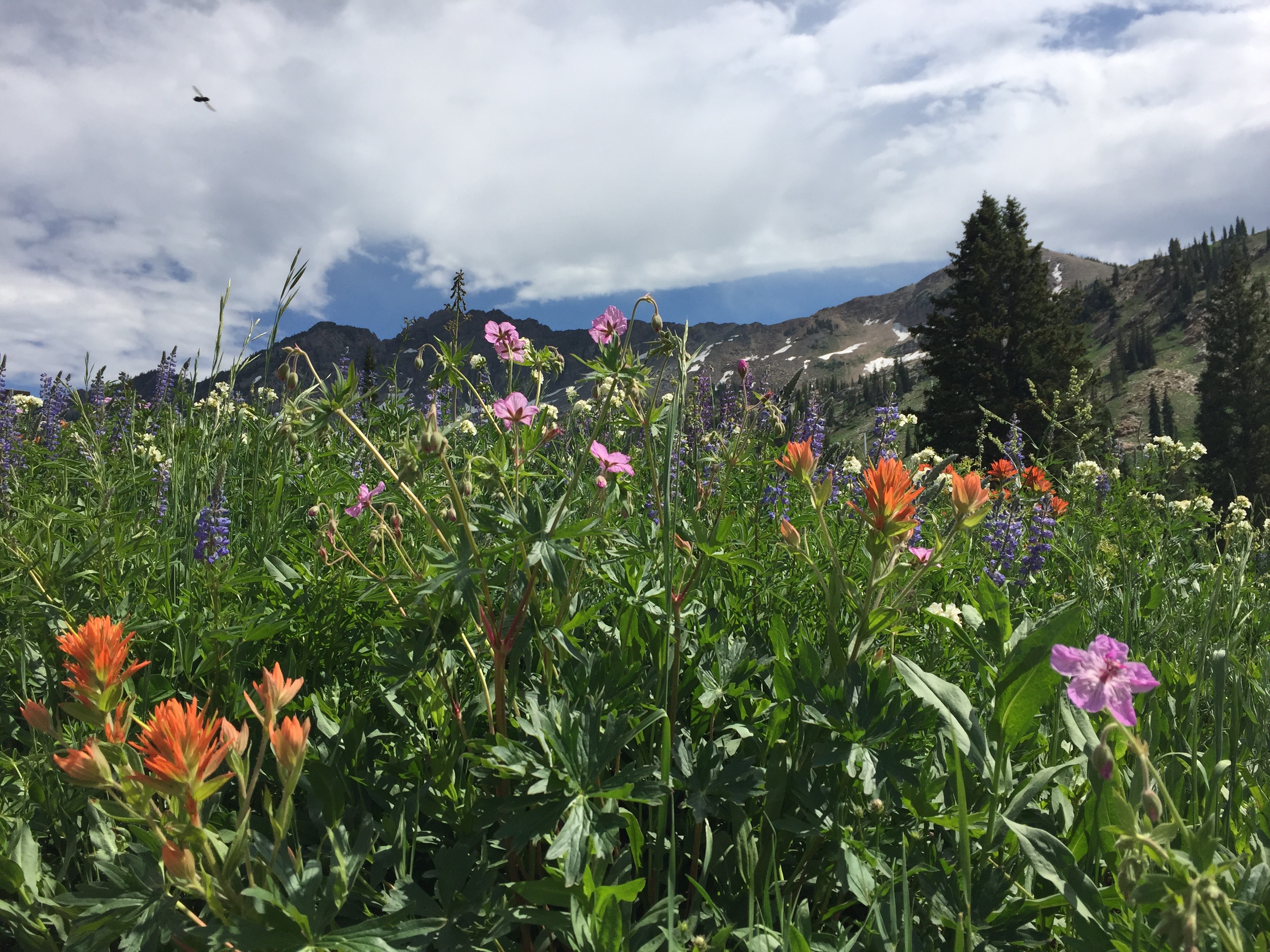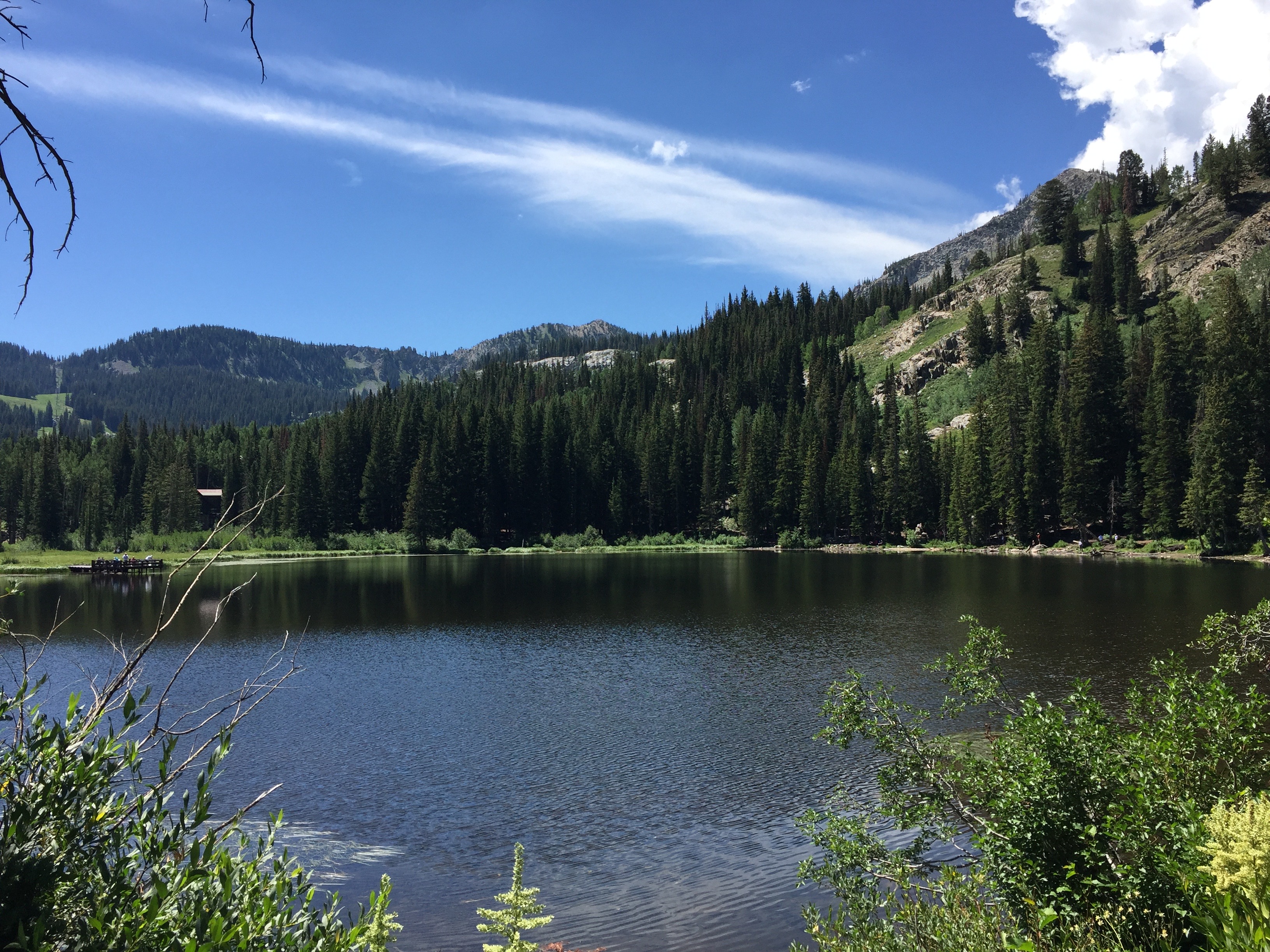Undergraduate Research Opportunities
The Beckman research group investigates interactions between plants and their environment occurring over multiple scales and examines the role of these interactions in limiting plant populations and maintaining biodiversity. Many of these interactions are disrupted by global change, and we examine the consequences of these disruptions for plant communities and ecosystem functions. The research group uses a combination of empirical and quantitative approaches to address our research questions.
I look forward to mentoring students in independent projects related to my research or other members of my research group. Getting involved in research not only deepens your scientific understanding, but is an opportunity to learn about a variety of career paths. The skills acquired while conducting and communicating biological research are applicable to students interested in a range of disciplines and career-trajectories and will help you be a more competitive applicant for jobs or post-graduate education (e.g., graduate school, medical school, etc.).
To learn more about seedscape ecology and research on-going within the group, undergraduates can register for research credit (BIOL 5800) throughout the year. Through this experience, undergraduates are expected to meet weekly with a graduate student and meet regularly with Dr. Beckman, engage in group activities (e.g. team meetings), read primary research articles, participate in research, and contribute to public outreach and communication (at a minimum write up a short blog post once a semester for the Seedscape Ecology blog and/or Verde Elemental). After learning more about the group's research through these experiences, interested undergraduates are encouraged to pursue independent research projects (see overview of Institutional Support below).
The Beckman Research Group is committed to community excellence and inclusion. Please read over the expectations of team members and our policies, including the Code of Conduct and General Guidelines.
See the Seedscape Blog to learn about past contributions and experiences of undergraduate team members in the research group.
Institutional Support
Established in 1975, the undergraduate research program at USU is the second oldest in the nation following behind MIT. There are a variety of excellent opportunities for education, training, funding, and collaboration in ecological research at USU:

- Resources on how to get involved in research at USU and the Biology Department.
- Opportunities to obtain funding to pursue your independent research through USU (e.g., URCO, ROWS, travel grants, etc.) and the Biology department.
- Research Opportunities through Work Study (ROWS) is an opportunity for funding to work in a research group.
- The University Honors Program provides opportunities for independent research and interdisciplinary learning.
- The Ecology Center has over 100 faculty working on interdisciplinary problems
- A strong program in Mathematical Biology
- USU is ranked as one of the top 25 North American academic institutions in terms of scholarly productivity in the field of ecology in this 2017 paper
- The research group has on-going research in Panama in collaboration with the Smithsonian Tropical Research Institute (STRI)
- A Science Writing Center that aids students in increasing their effectiveness in scientific writing
- A local chapter of the The Society for Advancement of Chicanos/Hispanics and Native Americans in Science (SACNAS) - in which the Biology Department is actively involved.
Application Details

Undergraduate students interested in joining the research group should contact Dr. Beckman (noelle.beckman AT usu.edu) with a cover letter, one-page resume, and contact information for two references. References should be able to speak to your qualifications, qualities, and capabalities that would be relevant to working in a research team; these include dependability, work performance (quality, work ethics, initiative, ability to plan and organize tasks), creativity in problem-sovling, curiosity, motivation, enthusiasm, response to constructive feedback, strengths and weaknesses, and ability to work independently and in a diverse team. In your cover letter, include a description of your relevant interests and why you are interested in joining the research group as well as a summary of your prior relevant experience and your academic background (e.g., relevant coursework). Include and rank the projects (summarized below) in which you are most interested. Please familiarize yourself with the group's research themes and policies.
Research Projects
Science Communication. Daily Supervisor: Dr. Noelle Beckman
Contribute writings to the Seedscape blog to discuss topics focused on undergraduate research and review research in plant ecology. There is an associated Twitter and Facebook acount and YouTube channel (if you are interested in creating video content).
Contribute writings to the CoDisperse blog to review and discuss research focused on seed dispersal. There is an associated Twitter and Facebook acount.
Verde Elemental is a digital publication in Spanish dedicated to promoting and disseminating knowledge in ecology and conservation in Latin America. If you are interested in science communication and ecology and conservation in Latin America and would like to contribute to Verde Elemental, please get in touch with me or the director, Dr. Carol Garzon. Paid position available on Handshake (Job #10313068)
Analyzing Vidoes from Camera Trapping with AI Daily Supervisor: Dr. Noelle Beckman
Recently, our research group has been focusing on the hyperdiverse genus of shrubs Psychotria, also known as wild coffee. Psychotria fruit are small berries dispersed by birds. We have characterized the diversity of phytochemistry found in fruit (pulp and seed) and leaves for 21 species in Panama.
The next step of our research is to investigate the role phytochemistry plays in mediating interactions of Psychotria fruit with bird seed dispersers. In 2021 and 2023, we set out camera traps on Barro Colorado Island, Panama, and recorded the animals visiting each Psychotria plant species. Our goal is to identify the main consumers of fruit of the different Psychotria species and record the level of interaction between the animal and fruit. Previously, an UASAL Intern meticulously viewed 1200 videos and identified the animal species and recorded the interaction level for 60 of these videos that had an animal enter the frame. We have thousands more videos that need to be analyzed. Our plants are shrubs in the dark understory with fast moving birds that may quickly fly by to remove a fruit. Many of the videos were triggered due to plant movement in the wind without an animal present.
We are looking for someone who would be interested in helping us record the presence of animals in the videos. The intern will learn research skills in recording and analyzing data on animal behavior and develop a variety of other skills required within scientific research.